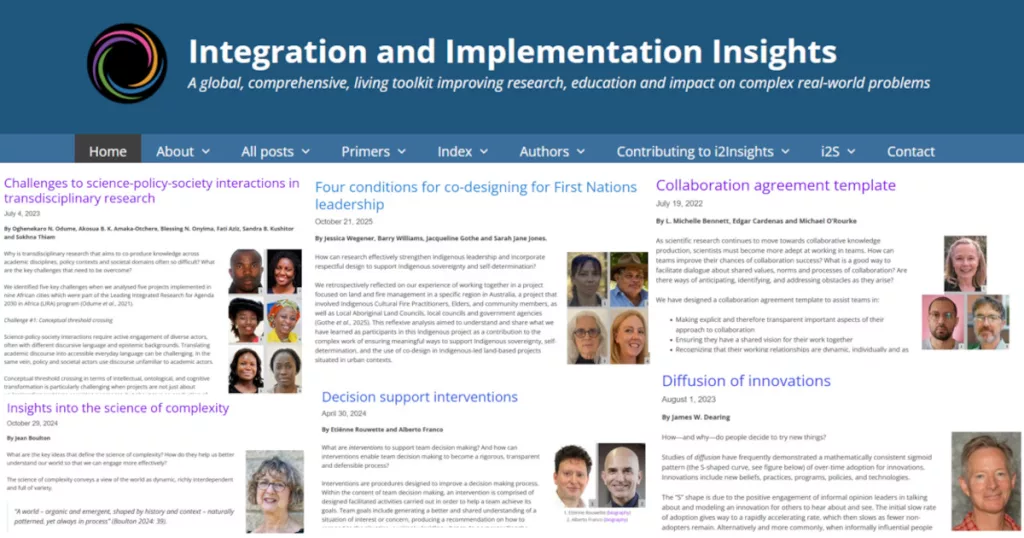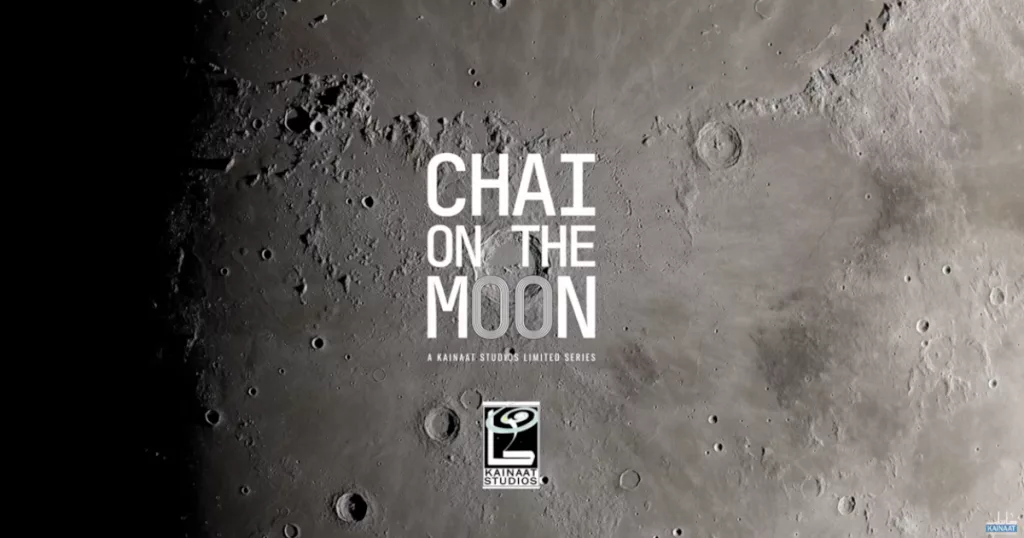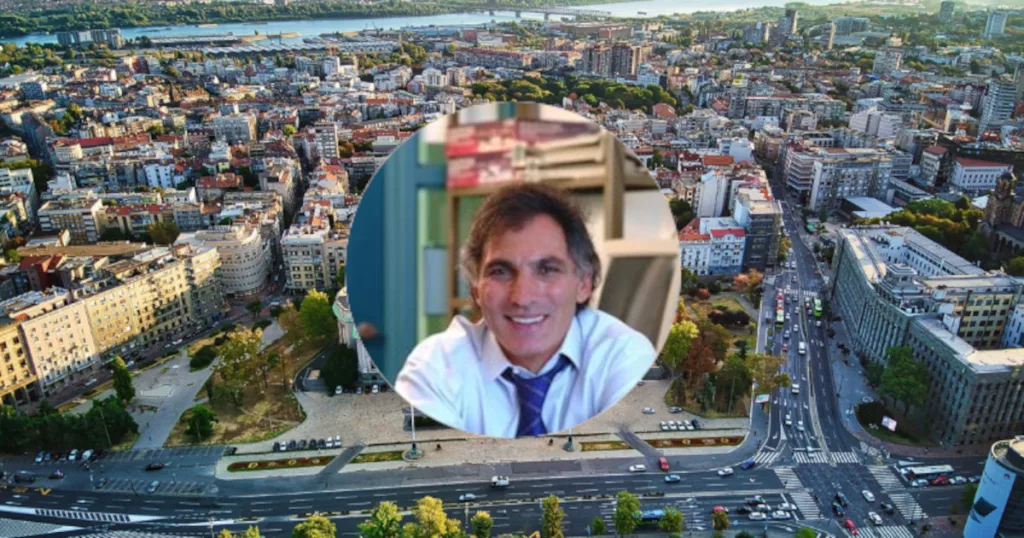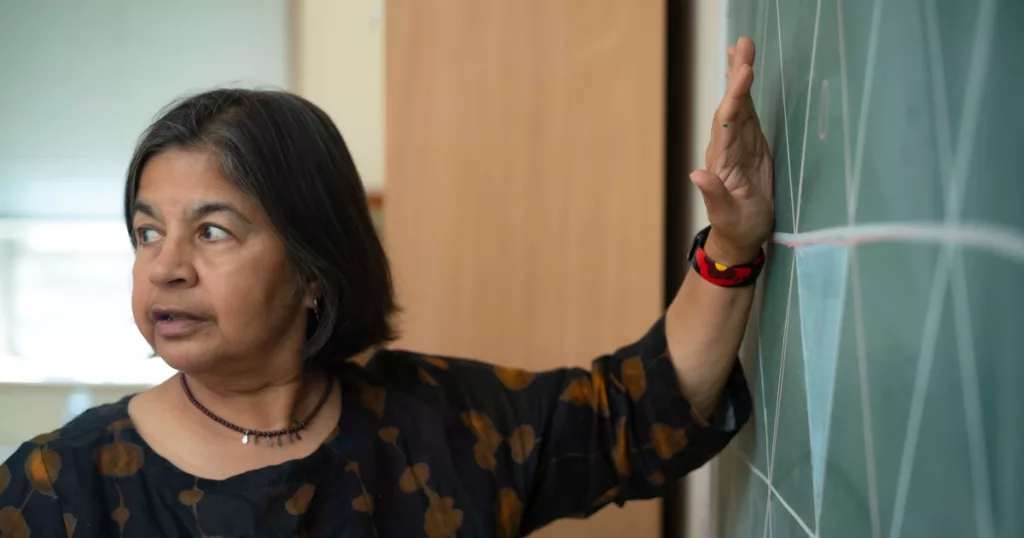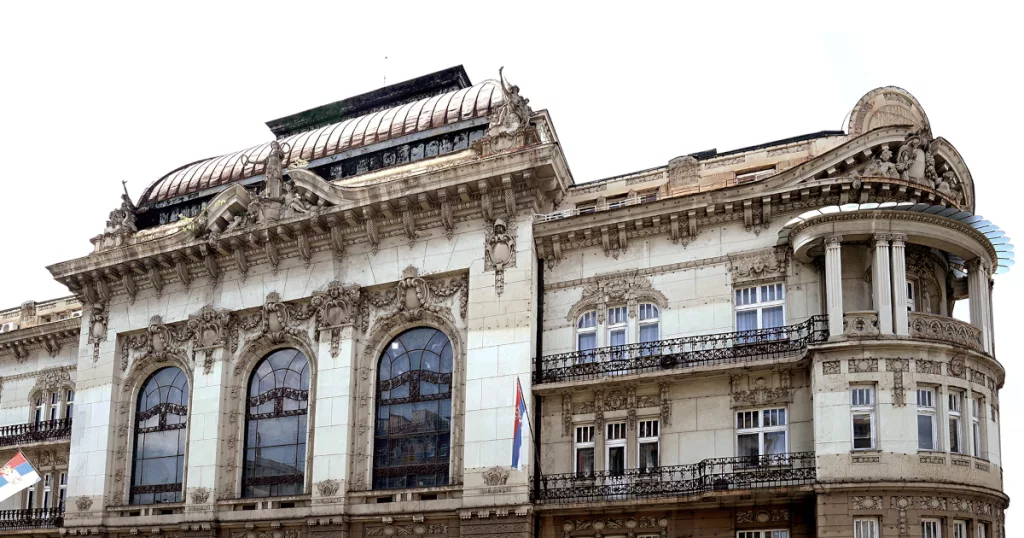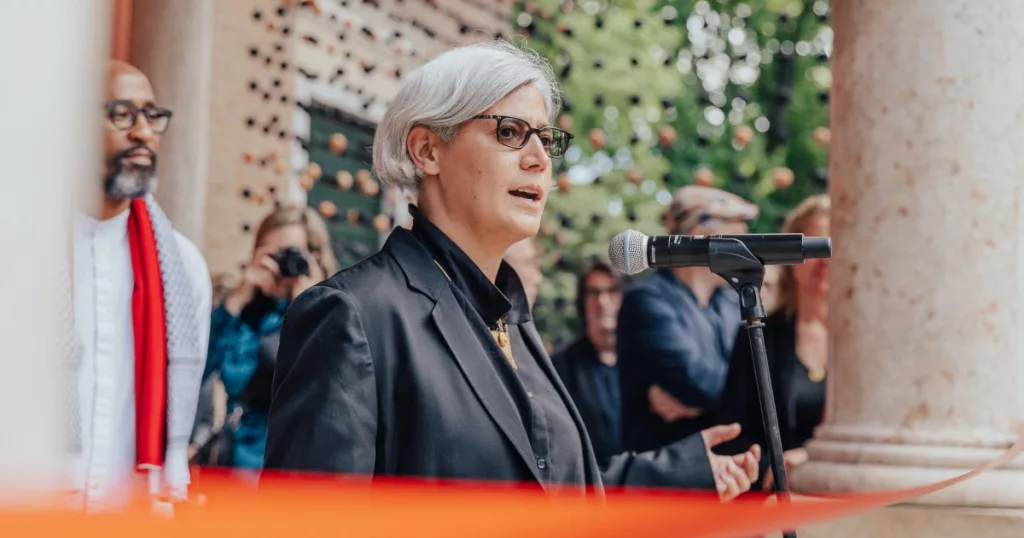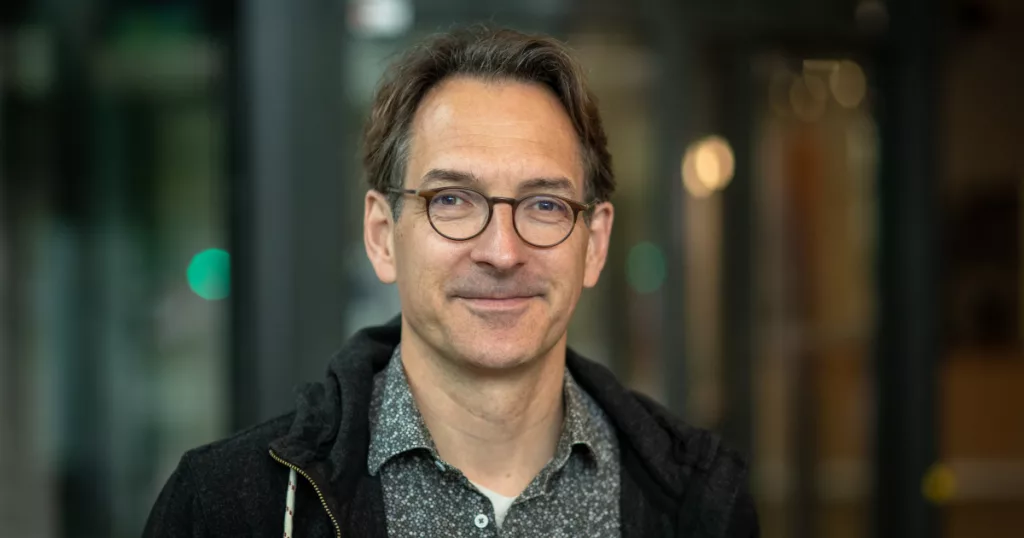The Declaration was prepared as the principal outcome of the World Conference on Science and Art for Sustainability, held in Belgrade, Serbia, on September 22–24, 2025 The Serbian Academy of Sciences and Arts, in Belgrade, Serbia, hosted the World Conference on Science and Art for Sustainability on September 22–24, 2025 The World Conference On Science and Art for Sustainability (WCSAS) was hosted by the Serbian Academy of Sciences and Arts (SASA) as a flagship event within the UN-proclaimed International Decade of Sciences for Sustainable Development (IDSSD), running from 2024 to 2033. It was also the first major conference within the EHC-WAAS Program of Sciences for Sustainable Development. The Conference program comprised 12 sessions, including 42 talks, focused on analyzing the world’s existential problems—depletion of resources, climate change, inequality, conflicts, and wars—which have led the world into a deep polycrisis. The resulting Belgrade Declaration on Science and Art for Sustainability, that we publish below, and that can be dowloaded here, was prepared based on the comprehensive talks and discussions. The Declaration stresses that the global challenges are complex and interdependent, necessitating holistic, systemic, and multiple disciplinary solutions. It mandates that disciplinary knowledge be supplemented by multidisciplinary analysis, interdisciplinary syntheses, and transdisciplinary approaches, often including local traditional and indigenous knowledge systems. A core principle is the development of relations between science and art as interconnected and complementary frames of inquiry. The goal of integrating the objective rigor of science with the subjective, value-based insight of art is to achieve a comprehensive and transformative paradigm shift in global social development. The Declaration specifically underscores three critical global threats: geopolitics, climate change, and the misuse of artificial intelligence (AI). To address these, it calls for cultivating global citizenship consciousness and achieving planetary peace, defined as peace within oneself, with others, and with nature. Furthermore, institutional practices must shift from serving corporate and government interests to serving public interests. In support of these aims, EHC has planned to establish a Worldwide Grid of Transdisciplinary Hubs for Sustainability for collecting and distributing data related to global regeneration and security. You can also read the full report of WCSAS here. Belgrade Declaration on Science and Art for Sustainability The World Conference on Science and Art for Sustainability was held on September 22–24, 2025 in Belgrade, Serbia – as a flagship event within the International Decade of Sciences for Sustainable Development [a–e]. The talks and discussions spanned all disciplines of science and art, and were focused on the existential problems and challenges facing the Earth and humanity, which are: depletion of natural resources, pollution, climate change, and biodiversity loss; human inequality and inequity, autocracy, plutocracy, and corruption; intercultural conflicts and forced migrations; political and economic sanctions, color revolutions, military interventions, and wars. The Belgrade Declaration on Science and Art for Sustainability has been prepared on the basis of the talks and discussions at the Conference [f]. It comprises the following statements. 1. Complex and multiple disciplinary challenges The existential challenges the Earth and humanity are faced with in the 21st century are complex and encompass many disciplines. In contrast, the efforts of scientific and academic communities are predominantly limited to disciplinary siloes. Moreover, the dilemmas facing nature and societies at local, national, regional, and global scales are interdependent and mutually reinforce one another to a considerable degree. Therefore, holistic, systemic, and multiple disciplinary solutions are necessary. Consequently, disciplinary knowledge must often be complemented by multidisciplinary and interdisciplinary analyses and transdisciplinary syntheses. In many cases, this ambition should extend to include local traditional and indigenous knowledge systems and the results of their interactions with mainstream scientific knowledge. Three interconnected global threats to human survival and well-being, which no nation can adequately address alone, must be underscored – geopolitics, climate change, and misuse of artificial intelligence (AI). While respecting national sovereignty, the UN together with science and art institutions worldwide should work to cultivate global citizenship consciousness to foster worldwide social consensus in overcoming the destructive potential of these threats. All these problems have pulled the world into a deep polycrisis – a state of heightened global disunity with an increased momentum towards national isolationism and antagonism, conflicts, and wars. This trajectory needs to be addressed through a balanced and sustainable remediation of competing interests at all scales. Advancement of this long-term ambition should proceed on multiple pathways with polycentric leadership, i.e., it should be pluriversal. A precondition for addressing these challenges is planetary peace, understood as peace within oneself, with others, and with nature. Planetary peace seeks transformation of prevailing economic, environmental, and social systems, which includes reduction of our addiction to an outdated development paradigm based on growth of the gross domestic product (GDP) at all costs, particularly through harnessing and overexploitation of harmful and non-renewable energy sources. The state of the world in the Anthropocene requires a different approach based on the goal of security and well-being of the entire integrated system of humans embedded in the rest of nature. Such an approach holds the promise of making ours a peaceful ecological civilization. 2. Direct cooperation and integration of science and art Relations between science and art should be developed as interactions between two interconnected and complementary frames of inquiry about nature, society, and human beings. The goal is to affirm the sense of oneness of the universe and communicate the findings to others. Science and art should influence and enrich one another. Jointly, they can push farther the boundaries of a true understanding of the universe. Without art, our appreciations of the beauty of the world and the mystery of human being would be considerably diminished. A fuller integration of science and art can lead to a more complete understanding of human motivations, inspirations, and actions, offering more reliable knowledge, which can enable a comprehensive and transformative paradigm shift in global social development. 3. Specific contributions of science, art, and education Special care should be given to Big Science in establishing direct strong connections of basic sciences with engineering, medicine, and high technologies, and in


